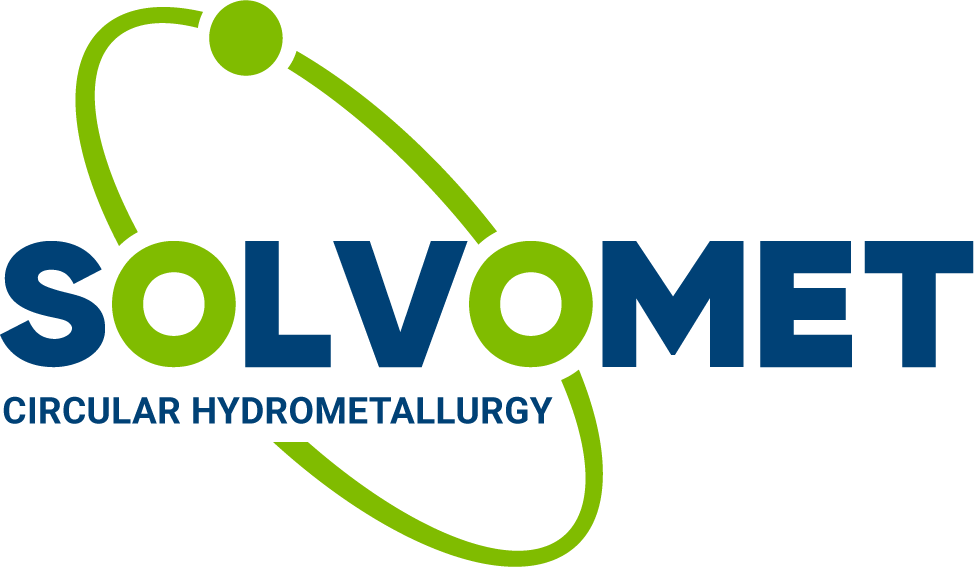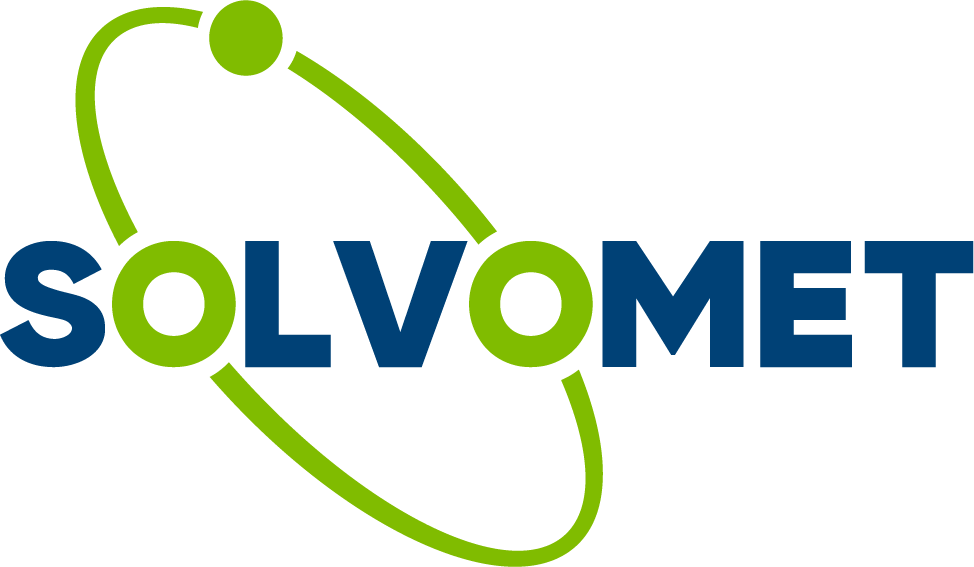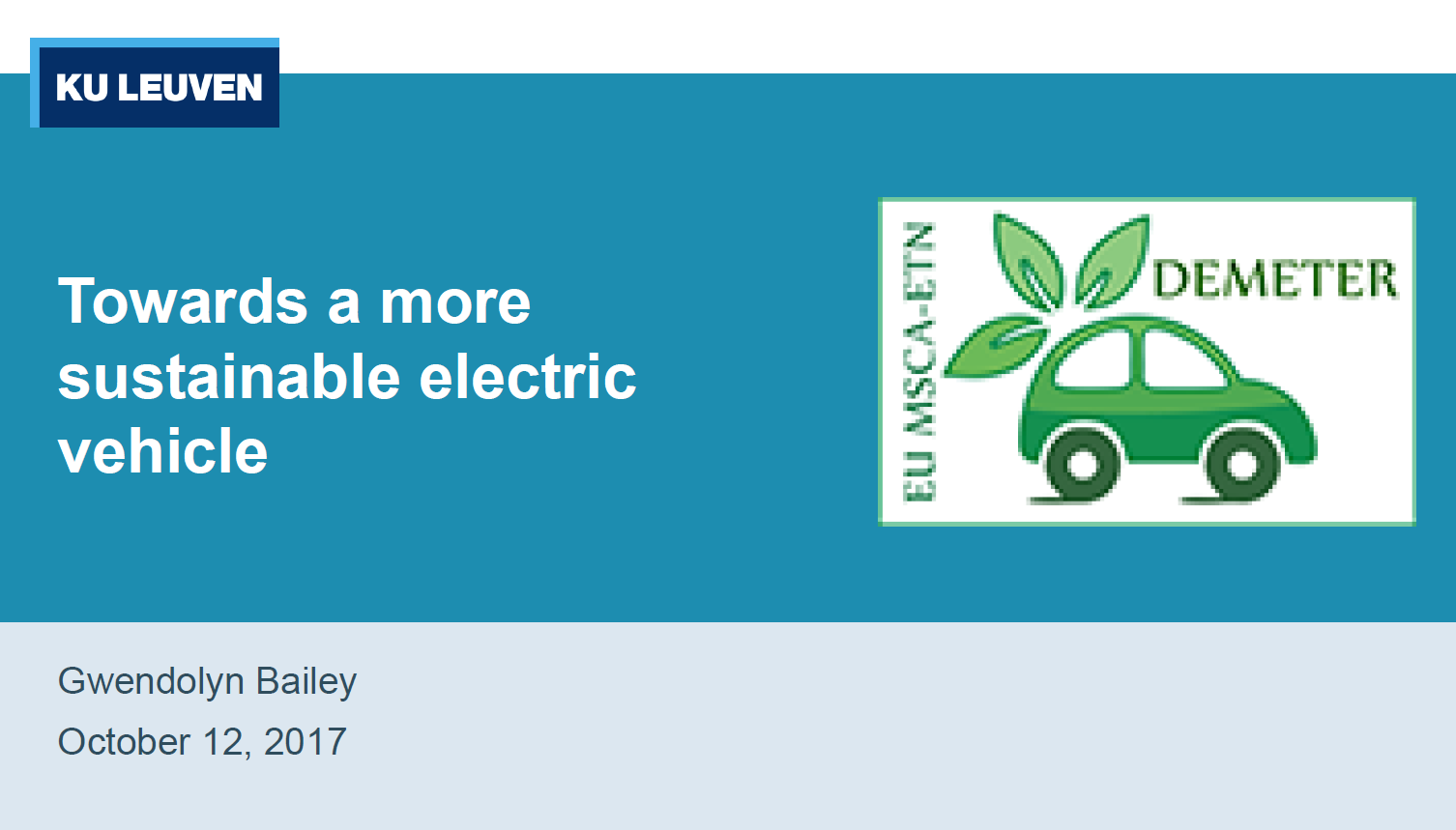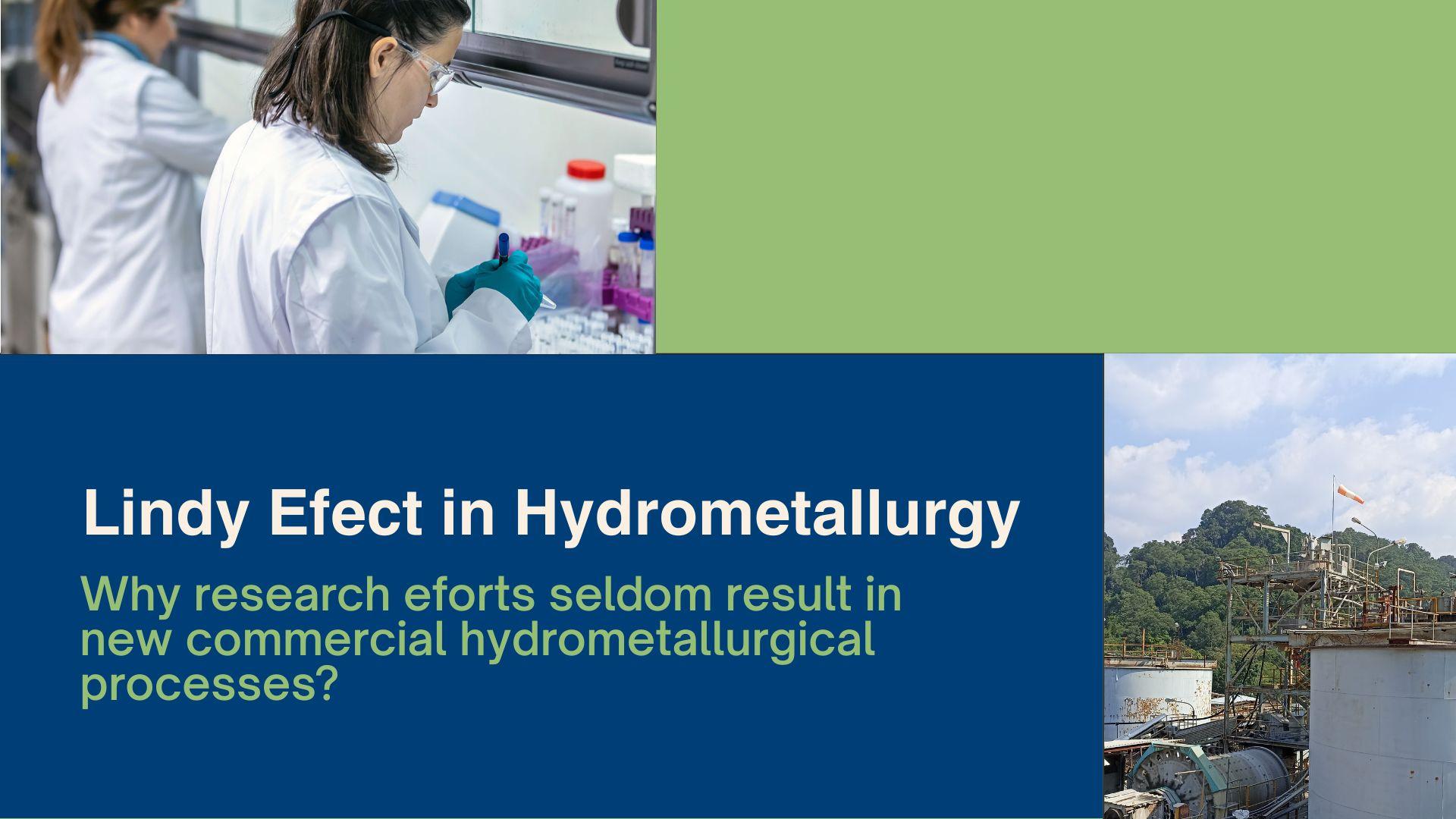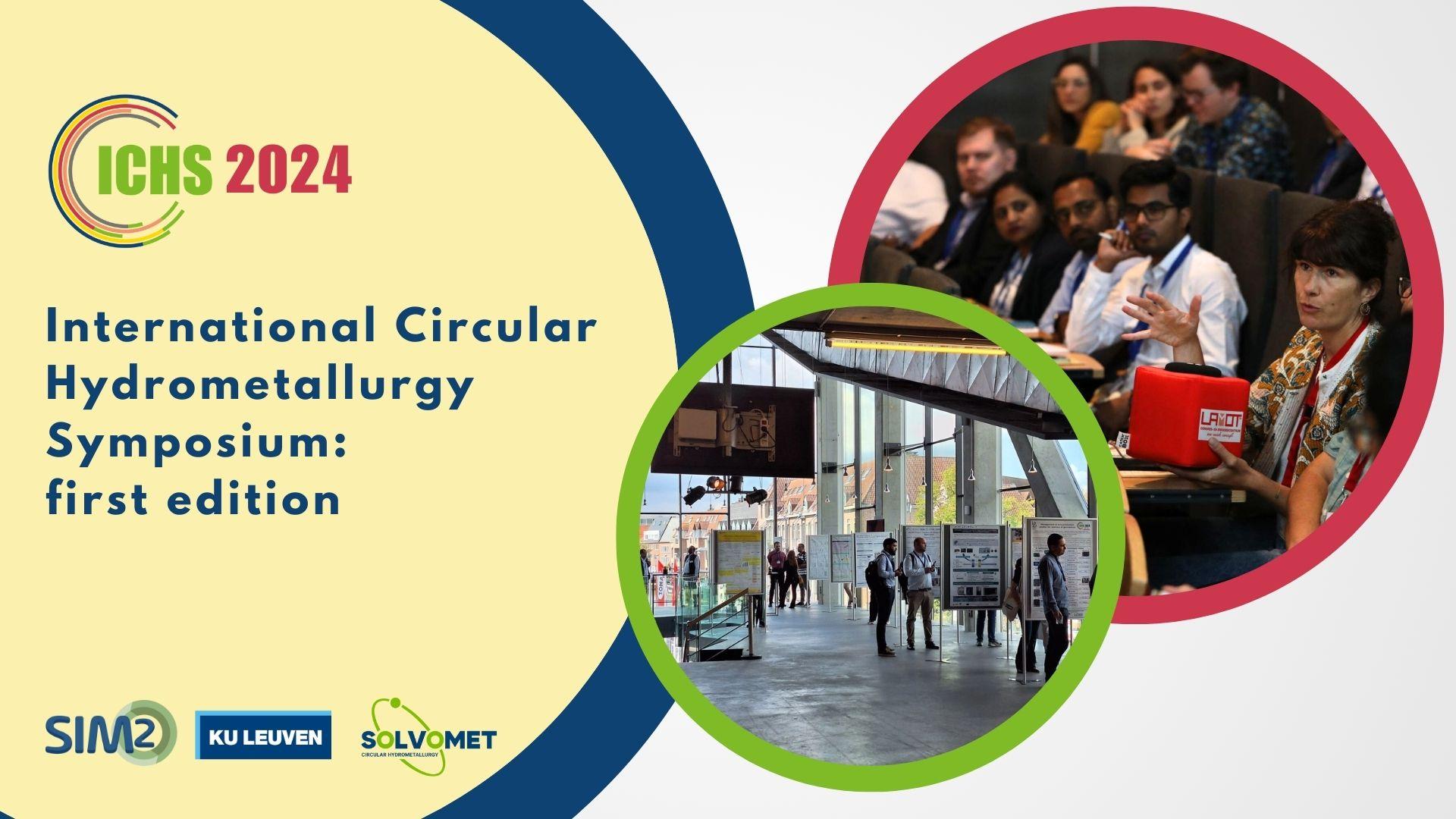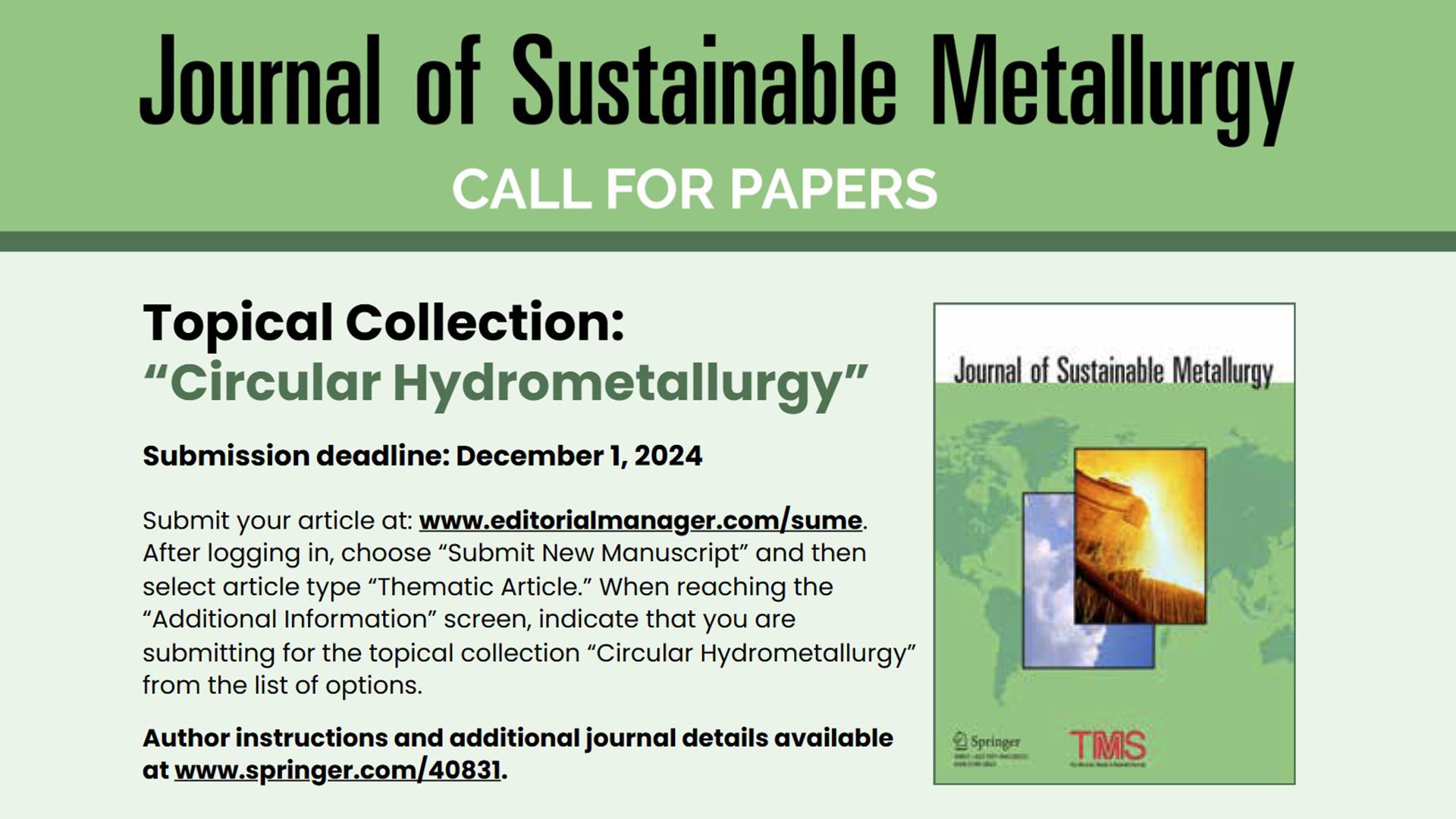Gwendolyn Bailey, a Marie-Skłodowska Curie fellow from KU Leuven represented the European H2020 ETN DEMETER (on Design and Recycling of Rare-Earth Permanent Magnet Motors and Generators in Hybrid and Full Electric Vehicles) at the 7th Trilateral EU-US-Japan Conference on Critical Materials. The conference took place on 12 October 2017 in Pittsburgh, USA. The audience consisted of researchers, industry members, government officials and other stakeholders all of whom have vast experience working with critical materials.
Towards a more sustainable electric vehicle

Gwen Bailey, ESR in ETN DEMETER
Gwendolyn’s presentation titled, “DEMETER – Towards a more sustainable electric vehicle”, touched upon how electric vehicles are contributing to global supply risk and the criticality of materials such as rare earth elements. Another major challenge is that today electric vehicles are not recycled, and there is not yet a reliable recycling procedure or infrastructure. In her presentation, Gwendolyn explained that the objectives of the DEMETER project are to develop three recovery routes for end-of-life (EoL) electric vehicle motors/generators: indirect recycling, direct recycling, and reuse. The indirect recycling route is a green chemical recycling process developed by KU Leuven and involves using ionic liquids to transform rare earth magnets back into to its elemental components. These elemental or metal components can then be used for permanent magnet production or other rare earth applications. The direct recycling route in which case the magnets are treated as a raw material for the production of new magnets, but using novel techniques such as hydrogen decrepitation processing, plasma/strip casting, and spark plasma sintering, to produce new, ready-to-use, magnetic materials or a new master alloy. Lastly, the direct reuse approach involves removing the magnets from EoL motors/generators and using them again in new motors/generators. The presentation shows how DEMETER will test these recycling routes in collaboration with early stage researchers, universities, businesses, and research institutions based in the EU.
Trilateral background and programme
The Trilateral Conference on Critical Materials is an annually held event organised by the European Commission (EC), U.S. Department of Energy (DOE), Japan’s Ministry of Economy, Trade and Industry (METI), and the New Energy and Industrial Technology Development Organisation (NEDO) to emphasize the strategic importance of critical materials and to enhance collaboration among the three countries/continents (EU-US-JP). Each region gave an update on topics such as: resource efficiency, improving criticality assessments, bettering material resources and technology, and recycling from unconventional resources. The one-day event successfully demonstrated that the trilateral regions are working to properly monitor materials to foster resource efficiency and a circular economy, to reduce environmental pressures arising throughout a material’s life cycle, and to quantify the availability or ‘elemental criticality.’ The presenters and their presentations under each theme are listed below.
Session 1: Updates from the Trilateral
- Prof. Gian Andrea Blengini: “Critical Raw Materials for the EU: JRC activities and revision of the list”
- Hiroshi Oikawa; “Japan’s view on Critical Materials: Recent developments regarding Rare Metals”
- Thomas Rasmussen; “Defense Logistics Agency strategic plans”
Session 2: Criticality and Supply Chain Analysis
- Shinsuke Murakami, “Criticality assessment in Japan?”
- Rod Eggert, “Material criticality : comparing china, Europe, Japan and the USA”
- Vincent Blet, “SCREEN – Solutions for Critical Raw Materials – A European Expert Network”
- Daniel B. Mueller “MinFUTURE – Towards a Google Maps for the global physical economy”
Session 3: Resources and Technology, A Canadian Perspective
- Janice Zinck, Canmet MINING/Natural Resources
Session 4: Key Materials Development
- Orlando Rios, Oak Ridge National Laboratory, Critical Materials Institute
- Prof. Duncan Allsopp, University of Bath
- Chiharu Mitsumata, National Institute for Material Science (NIMS)
Session 5: Recovery from Recycled and Unconventional Sources
- Gwendolyn Bailey, “DEMETER – Towards a more sustainable electric vehicle” – Download presentation Bailey on 7th Trilateral Conference_KU Leuven_Bailey
- Takashi Nakamura, Tohoku University
- Mary Anne Alvin, “Rare Earth Elements Coal Based Resources”
